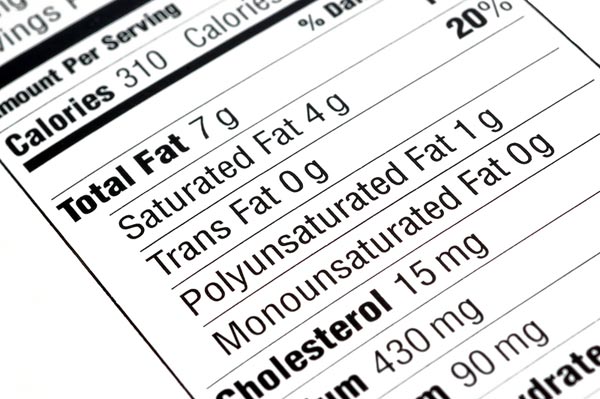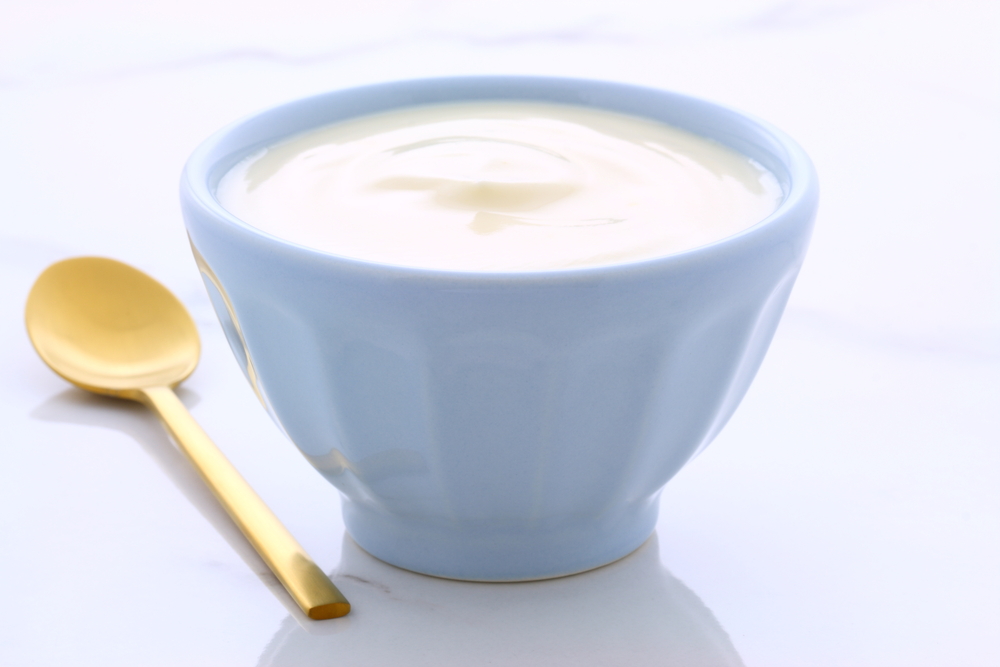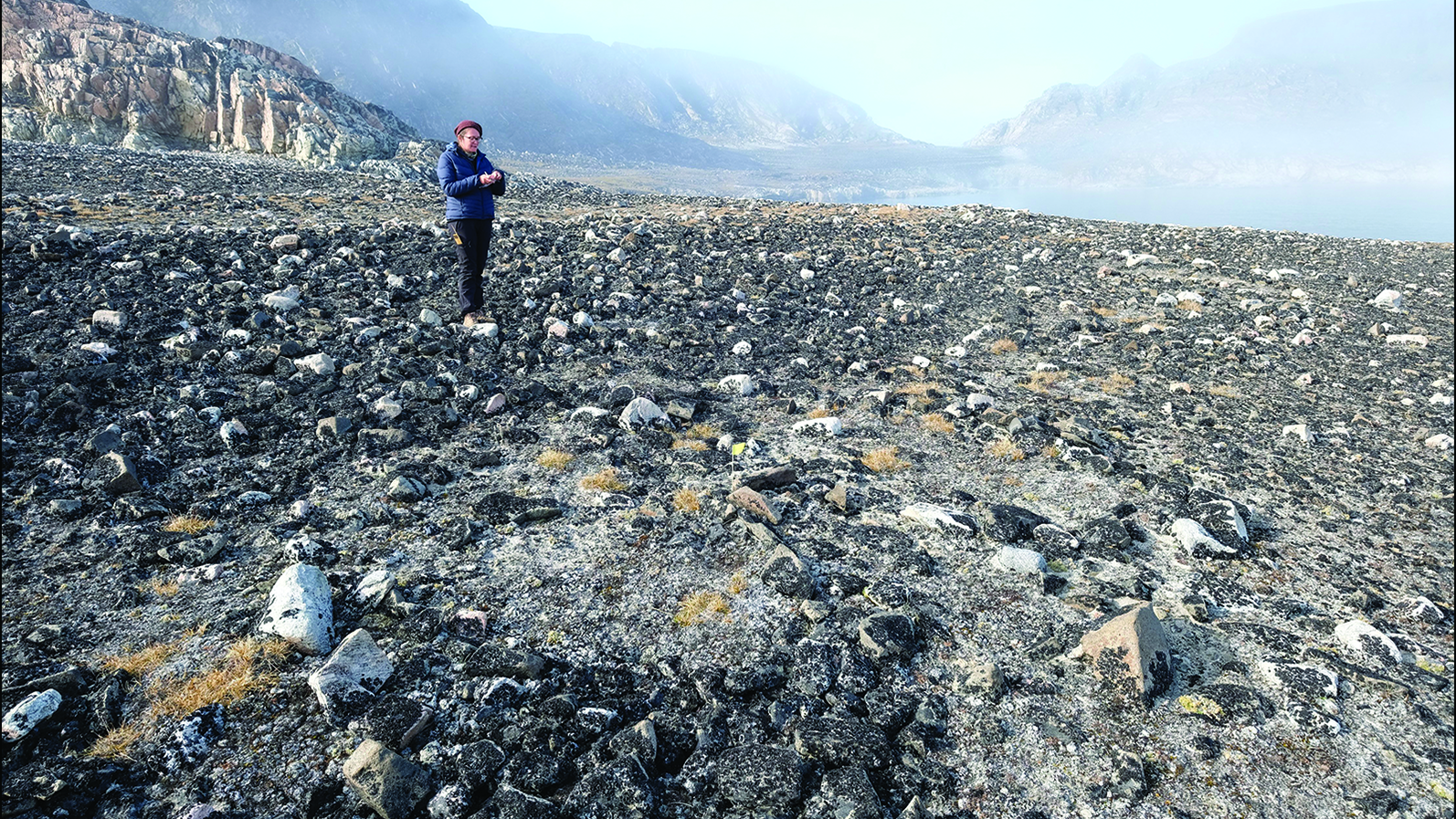
The Great Calorie Debate

Get the world’s most fascinating discoveries delivered straight to your inbox.
You are now subscribed
Your newsletter sign-up was successful
Want to add more newsletters?

Delivered Daily
Daily Newsletter
Sign up for the latest discoveries, groundbreaking research and fascinating breakthroughs that impact you and the wider world direct to your inbox.

Once a week
Life's Little Mysteries
Feed your curiosity with an exclusive mystery every week, solved with science and delivered direct to your inbox before it's seen anywhere else.

Once a week
How It Works
Sign up to our free science & technology newsletter for your weekly fix of fascinating articles, quick quizzes, amazing images, and more

Delivered daily
Space.com Newsletter
Breaking space news, the latest updates on rocket launches, skywatching events and more!

Once a month
Watch This Space
Sign up to our monthly entertainment newsletter to keep up with all our coverage of the latest sci-fi and space movies, tv shows, games and books.

Once a week
Night Sky This Week
Discover this week's must-see night sky events, moon phases, and stunning astrophotos. Sign up for our skywatching newsletter and explore the universe with us!
Join the club
Get full access to premium articles, exclusive features and a growing list of member rewards.
Does weight loss really just come down to calories?
The American Heart Association, the American College of Cardiology and the Obesity Society summed up the idea that losing weight, indeed, does come down to calories in a 2013 joint statement. The three groups presented their guidelines for overweight and obese adults, writing that "to achieve weight loss, an energy deficit is required."
In other words, to lose weight, you have to burn more calories than you take in. "The bottom line is, if you just cut your calories, no matter how you do it, you're going to loss weight," said Barbara Howard, a senior scientist at Georgetown University and the MedStar Research Institute in Washington D.C.
Whether you cut calories from fat or from carbs, "a calorie is a calorie," Howard told Live Science. However, choosing certain types of calories over others can lead you to eat less overall, she noted. The key is to choose foods that fill you up and make you feel satisfied, she said.
However, not everyone agrees; some researchers say emerging evidence shows that losing weight does not involve such a straightforward calculation of calories in and calories out. For example, Monica Bertoia, a researcher at Harvard's School of Public Health, agreed that you do need to eat fewer calories than you burn in order to lose weight, but she also suggested that not all calories are equal.
"You still need to maintain a negative energy balance," Bertoia told Live Science. "But different quality calories can help achieve that," she said.
For example, studies on weight loss that have looked at the glycemic index of foods suggest that a calorie isn't always just a calorie, she said. The glycemic index is measurement of a food's ability to affect blood sugar levels; foods with a high glycemic index send blood sugar spiking, whereas foods with a low glycemic index have much less of an effect on blood sugar levels.
Get the world’s most fascinating discoveries delivered straight to your inbox.
One study, published in the journal JAMA in 2012, found that people who ate a diet with a low-glycemic index burned more calories than those on a low-fat diet, though both groups did the same amount of physical activity.
Calories are only part of the equation
Dr. Dariush Mozaffarian, a cardiologist and the dean of the Friedman School of Nutrition Science and Policy at Tufts University, said he is hesitant to say that weight loss comes down to simple calorie math.
"Part of [weight loss] is definitely calories, but that's just one part of the puzzle," Mozaffarian told Live Science. "What you eat changes how much you eat, and what you eat also changes how much you burn," he said. In other words, what you eat can have an impact on your overall calorie intake, and the foods you eat may also impact your metabolism.
"Understanding these mechanisms is one of the most important areas of research for the next five to 10 years," he added.
Certainly, some of the mechanisms that connect diet to weight loss are not surprising — for example, that fruits, vegetables and whole grains with a lot of fiber are digested more slowly, and so they keep you feeling full for longer, Mozaffarian said.
But many studies in the last five years support the idea that weight control is about much more than fullness, he said.
Take, for example, probiotics, the friendly bacteria found in foods such as yogurt.
Several trials have shown that giving probiotics to people who are trying to lose weight helps them lose more weight, Mozaffarian said. And studies in animals have found that when probiotics were added to rat diets, for example, the animals failed to gain weight, even though they ate the same amount of calories as other rats who didn't get probiotics, he said.
These results suggest that the bacteria in people's guts are also dealing with the calories those individuals eat, Mozaffarian explained. That could mean that the number of calories coming into the mouth is not necessarily equal to the number of calories that are absorbed by the body, he said.
In addition, there's emerging evidence that certain foods may affect other aspects of how people's bodies handle calories.
For example, what a person eats may affect the types of fat in the individual's body that burn calories, rather than store them. "I suspect that diet changes beige fat function," Mozaffarian said. Beige fat is similar to brown fat — it burns calories. So far, studies looking at the effects of diet on brown and beige fat have been limited to animals.
Finally, it's also possible that the quality of a person's diet affects how calories are processed in the mitochondria of the person's cells, where sugar is actually burned to make energy that cells can use, Mozaffarian said.
This article is part of a Live Science Special Report on the Science of Weight Loss.
Follow Sara G. Miller on Twitter @SaraGMiller. Follow Live Science @livescience, Facebook & Google+. Originally published on Live Science.

 Live Science Plus
Live Science Plus












